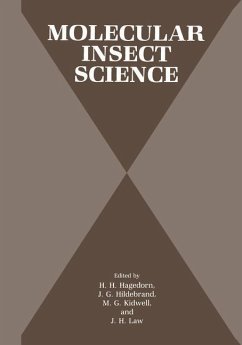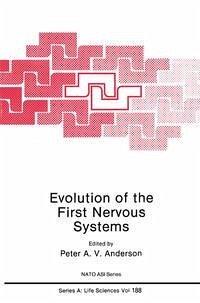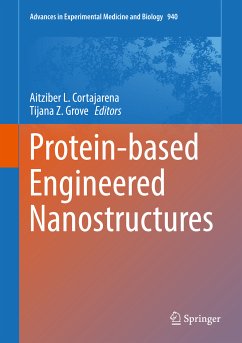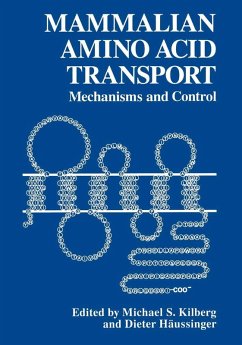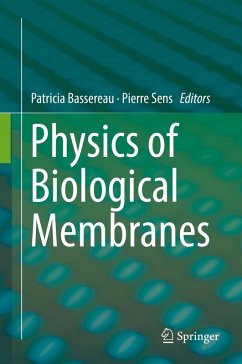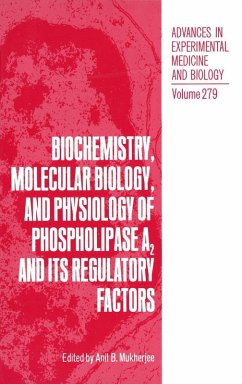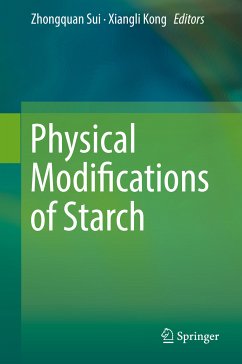
Biological Adhesives (eBook, PDF)
Versandkostenfrei!
Sofort per Download lieferbar
160,95 €
inkl. MwSt.
Weitere Ausgaben:

PAYBACK Punkte
80 °P sammeln!
This book reviews the structure of different biological adhesives and the mechanisms by which they achieve interfacial adhesion, cohesive strength, and fracture toughness. These adhesives include cements, strongly adherent fibrous holdfasts, tough and flexible adhesive gels, energy-dissipating adhesive tapes, nanoparticle-based adhesives, hierarchically structured nanoarray adhesives and a wide variety of viscous, sticky secretions. Biological adhesives are complex biomaterials that have evolved to meet a wide variety of functional demands, and which range from the micro- to the macro-scale. S...
This book reviews the structure of different biological adhesives and the mechanisms by which they achieve interfacial adhesion, cohesive strength, and fracture toughness. These adhesives include cements, strongly adherent fibrous holdfasts, tough and flexible adhesive gels, energy-dissipating adhesive tapes, nanoparticle-based adhesives, hierarchically structured nanoarray adhesives and a wide variety of viscous, sticky secretions. Biological adhesives are complex biomaterials that have evolved to meet a wide variety of functional demands, and which range from the micro- to the macro-scale. Some adhesives set rapidly, while others set over longer periods of time; others can readily detach and reattach to allow movement and to manipulate objects, while yet others have the ability to self-heal after sustaining damage. Recent technological advances have expanded our ability to characterize these materials. Analyzing the physical and molecular structure, processing, chemical interactions and mechanical properties of these adhesives has yielded novel insights, which this new edition discusses in detail. These insights are likely to inform and guide the biomimetic development of new, powerful adhesives with desirable properties that are unmatched by today's synthetic adhesives. Given the breadth and depth of its coverage, the book offers an invaluable source of information for industrial and academic researchers alike.
Dieser Download kann aus rechtlichen Gründen nur mit Rechnungsadresse in A, B, BG, CY, CZ, D, DK, EW, E, FIN, F, GR, HR, H, IRL, I, LT, L, LR, M, NL, PL, P, R, S, SLO, SK ausgeliefert werden.




